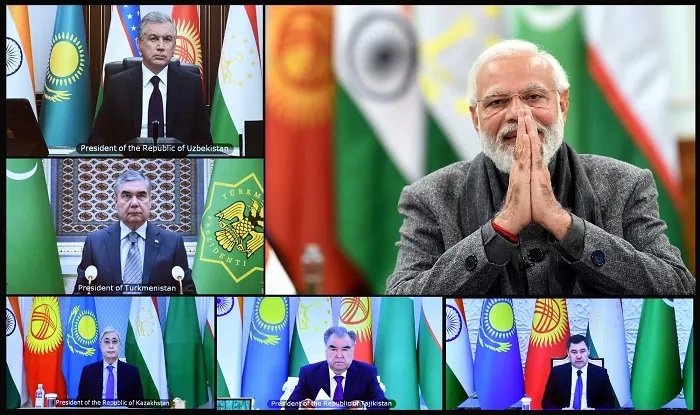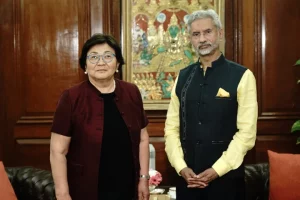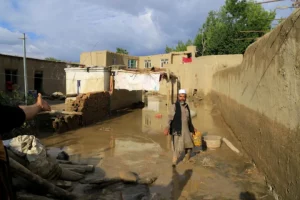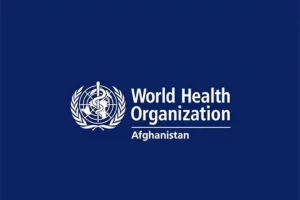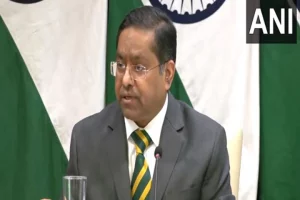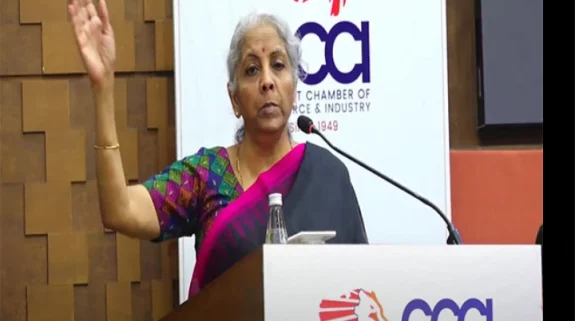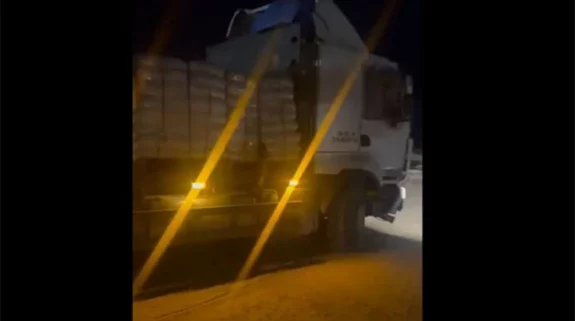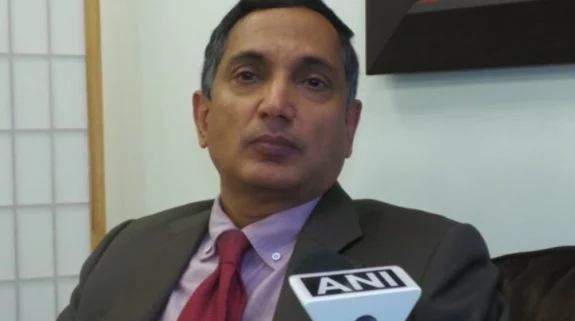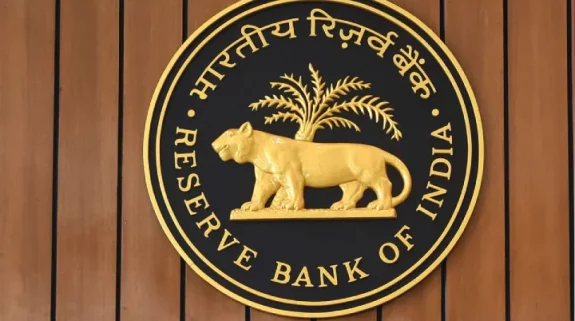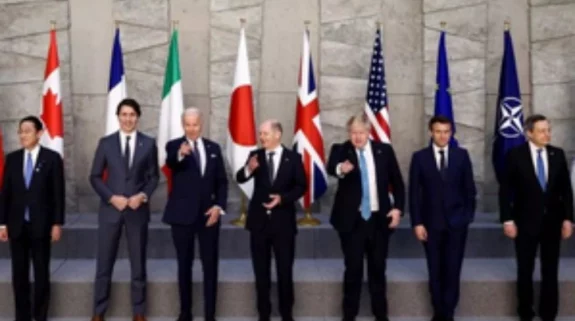The unfolding situation in Afghanistan will have wider ramifications to the Central Asia region, particularly the possible growth in international terrorism and drug trafficking emanating from the Afghan territory, India told the Security Council during a debate on the United Nations' partnership with the Collective Security Treaty Organisation (CSTO) in New York, earlier today.
Russia had made the meeting as one of the flagship events of its UNSC Presidency this month with its Deputy Foreign Minister Sergey Vershinin chairing the debate. It was also addressed by the UN Secretary General Antonio Guterres, CSTO Secretary General Stanislav Zas, representatives of the CSTO member states besides several other countries.
Putting up a united front with the Central Asia partners, India's Permanent Representative to the United Nations, Ambassador T S Tirumurti during his remarks stated expectations of the international community that Afghan soil should not be used for sheltering, training, planning or financing terrorist acts.
"The international community needs to take cognizance of the concerns which Central Asian countries have on developments in Afghanistan," said Tirumurti as he detailed New Delhi's development partnership with the Central Asian region.
Citing the first ever India-Central Asia Summit held on January 27 which was attended by the heads of states from Kazakhstan, Kyrgyzstan, Tajikistan, Turkmenistan and Uzbekistan, India highlighted its offer of a $1 billion Line of Credit for priority developmental projects in the region.
He also mentioned that the Chabahar port in Iran being developed by India has now emerged as a commercial transit hub for the region.
"India's steps to modernize the infrastructure of the Chabahar port in Iran, which will become an important link in trade and transport communications between the markets of Central and South Asia, has been appreciated by Central Asian countries. India welcomes the interest of Central Asian countries to utilize the services of Chabahar Port," said Tirumurti.
UN Security Council Debate on the Cooperation between the @UN and the Collective Security Treaty Organization @CSTO_ODKB
Highlights of remarks by @ambtstirumurti, Permanent Representative@MEAIndia @UNDPPA pic.twitter.com/yAUgqJnbiC
— India at UN, NY (@IndiaUNNewYork) February 16, 2022
Call to create "Security Belt' around Afghanistan
Tajikistan, a frontline state sharing a long border with Afghanistan (1344 km), also once again raised concerns about the security threats emanating from the territory of Afghanistan after the Taliban takeover.
Jonibek Hikmat pointed to the adverse impact on the collective Central Asian security system due to the increasing threats of drug trafficking in Afghanistan and recalled Dushanbe's proposal to create a "security belt" around Afghanistan, involving the United Nations and regional organisations.
"With the Taliban takeover, opium production has increased by 6,800 tons, equal to 320 tons of pure heroin; by comparison, in the first seven months of 2021, Tajikistan authorities seized 484 kilograms of drugs, while in the last four months of Taliban rule alone, they have seized around 3 tons (2,780 kilograms) — an almost sixfold increase," said Hikmat.
As reported by IndiaNarrative.com earlier this month, the Central Asian countries are also deeply worried about terrorists from Afghanistan trying to destabilise the situation in neighbourhood, including the CIS countries.
Also Read: 5000 terrorists training in Afghan camps near Tajikistan's border – CSTO chief
"Since early September 2021, there has been an increase in terrorist groups in the provinces of Afghanistan bordering Tajikistan," Hikmat told the gathering, pointing to the presence of more than 40 camps and terrorist training centres with over 6,000 fighters in the Afghan north-eastern provinces.
Guterres, meanwhile, mentioned how the United Nations Regional Centre for Preventive Diplomacy for Central Asia has been working in close partnership with the CSTO to address the root causes of potential conflict and develop shared solutions to shared problems.
The UN chief also said that terrorism remains a constant threat — not only to the security of Afghanistan and the region, but to the entire world.
"Without determined action, the severe economic contraction, rising unemployment and escalating humanitarian crisis will fuel despair and breed extremism. The threat from illicit drugs and arms flows — as well as criminal and terrorist networks — is increasing," said Guterres.






